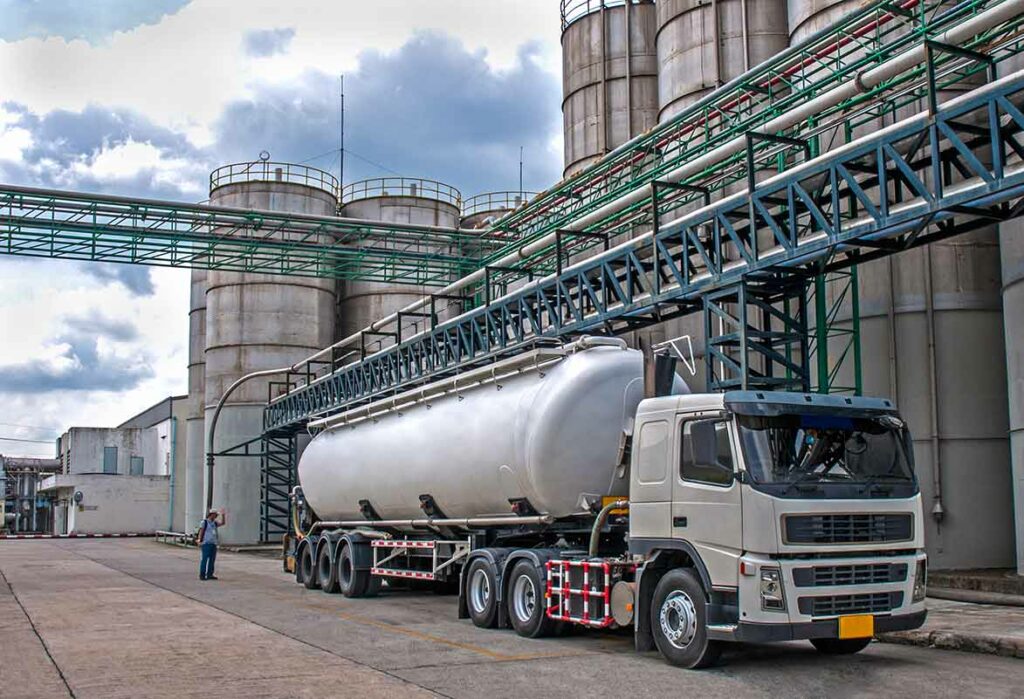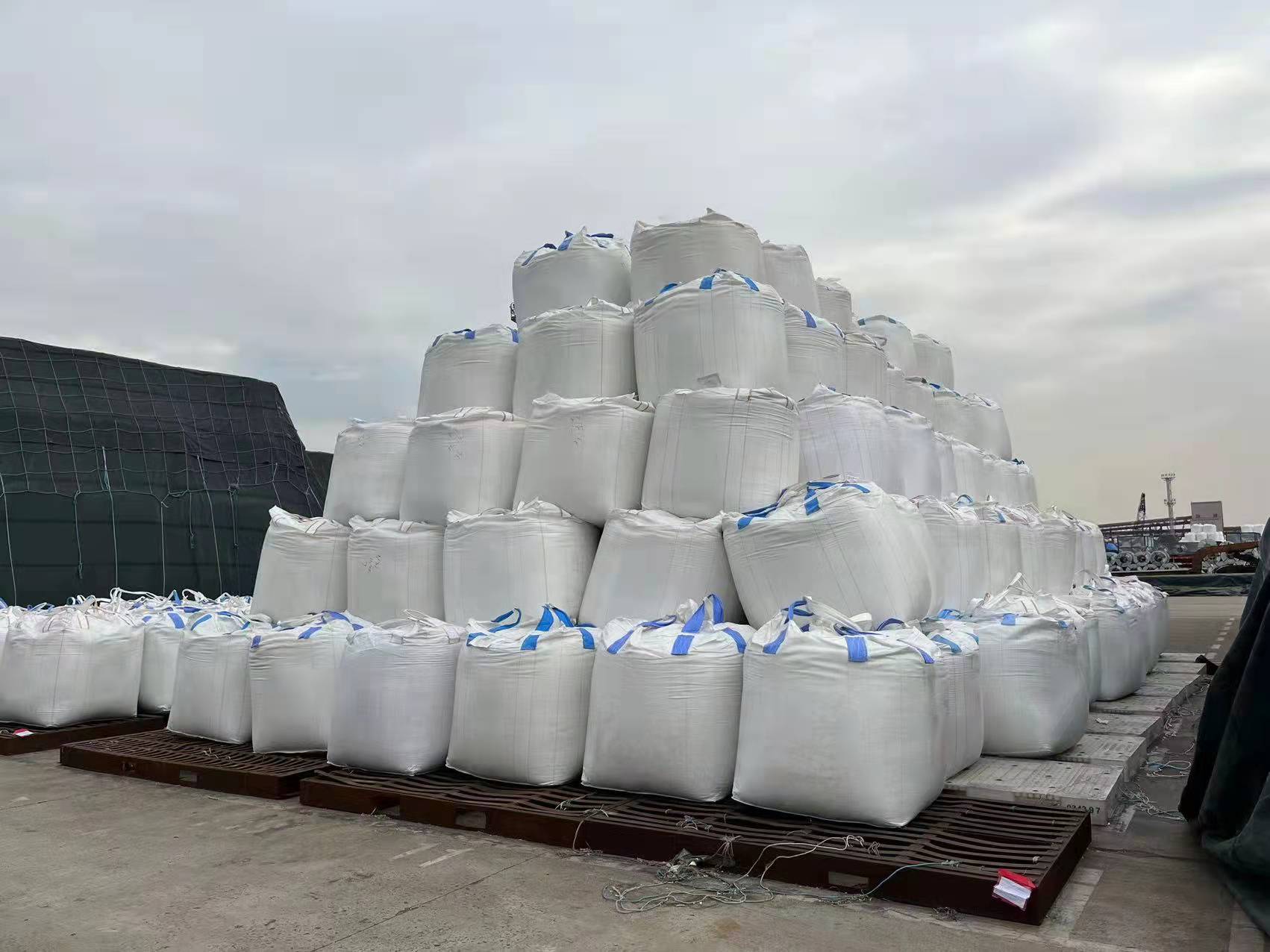Ngành công nghiệp hóa chất được coi là nền tảng của sản xuất toàn cầu, thúc đẩy những tiến bộ trong các lĩnh vực từ dược phẩm đến nông nghiệp. Khi chúng ta bước sang năm 2024, ngành này đang ở thời điểm then chốt, được thúc đẩy bởi sự đổi mới, tính bền vững và chuyển đổi kỹ thuật số. Bài viết này đi sâu vào những cải tiến mới nhất đang định hình ngành công nghiệp hóa chất, nêu bật tác động và hướng đi trong tương lai của chúng.
The Landscape of the Chemical Industry in 2024

Current Trends and Challenges
The industry faces pressing challenges such as environmental regulations, raw material scarcities, and the need for sustainable production processes. These challenges are not just hurdles but also catalysts for innovation and progress.
The Role of Sustainability
Sustainability has transitioned from a buzzword to a core operational strategy. Companies are increasingly adopting green chemistry principles, aiming to minimize waste and reduce harmful emissions.
Tiến bộ công nghệ
Technological advancements are revolutionizing the industry, from AI-driven process optimization to blockchain-enhanced supply chain transparency.
Top Innovations Shaping the Chemical Industry
Biodegradable Plastics
In response to the global plastic crisis, the development of biodegradable plastics represents a significant leap forward. These materials promise to reduce pollution and facilitate easier waste management.
Carbon Capture Technologies
Carbon capture technologies are becoming increasingly viable, offering a pathway to significantly reduce greenhouse gas emissions from chemical manufacturing processes.
Digital Transformation
AI and Machine Learning
AI and machine learning are optimizing production processes, predictive maintenance, and even product development, leading to increased efficiency and reduced costs.
Blockchain for Supply Chain Management
Blockchain technology is enhancing transparency and security in the chemical industry’s supply chain, improving traceability from raw materials to finished products.
Advanced Materials
Graphene Applications
Graphene, with its exceptional strength and conductivity, is finding applications in everything from advanced batteries to filtration systems.
Smart Packaging Solutions
Smart packaging, enabled by advanced materials, is revolutionizing how products are preserved, monitored, and interacted with, offering new levels of safety and convenience.
Impact of Innovations on the Industry

Tác động môi trường
The adoption of green chemistry and carbon capture technologies is poised to dramatically reduce the environmental footprint of chemical manufacturing.
Economic Implications
While initial investment in new technologies can be high, the long-term economic benefits, including operational efficiencies and opening new markets, are significant.
Operational Efficiency
Innovations in AI, machine learning, and digital transformation are streamlining operations, reducing waste, and enhancing productivity.
Future Directions
Research and Development Focus Areas
The industry is focusing on developing more sustainable materials, energy-efficient processes, and technologies that can leverage renewable resources.
| Focus Area | Sự miêu tả |
|---|---|
| Vật liệu bền vững | Developing materials that are environmentally friendly and sustainable for long-term use. |
| Energy-efficient Processes | Innovating processes that consume less energy, reducing the carbon footprint of production activities. |
| Renewable Resources Technologies | Technologies that leverage renewable resources, minimizing dependence on non-renewable raw materials. |
| Collaboration Opportunities | Encouraging collaboration between companies, research institutions, and governments to drive innovation and address industry-wide challenges. |
| Regulatory Adaptation | Adapting to and influencing regulatory changes to support sustainable practices and technologies. |
Potential Regulatory Changes
Regulatory landscapes are evolving to support sustainable practices and technologies, which could shape future industry standards.
Industry Collaboration Opportunities
Collaboration between companies, research institutions, and governments is crucial for driving innovation and addressing industry-wide challenges.
Conclusion:Chemical Industry News
The chemical industry in 2024 is a landscape of innovation, driven by the dual engines of technological advancement and sustainability. As the industry continues to evolve, the focus on green chemistry, digital transformation, and advanced materials will not only address current challenges but also open up new opportunities for growth and impact. The time for stakeholders to engage with these innovations is now, to drive forward a more sustainable, efficient, and productive chemical industry.
câu hỏi thường gặp
What are the major challenges the hóa chất industry faces today?
Environmental concerns, raw material scarcity, and the need for sustainable production processes are major challenges, driving the industry towards innovation and efficiency.
How can green chemistry contribute to sustainability?
Green chemistry aims to reduce waste and minimize the use of hazardous substances, contributing to more sustainable manufacturing processes and products.
What role does AI play in the chemical industry?
AI enhances process optimization, predictive maintenance, and product development, leading to increased efficiency and reduced operational costs.
What are the future materials to look out for in the industry?
Materials like graphene and biodegradable plastics are at the forefront, offering innovative solutions to longstanding issues such as waste management and sustainability.
How does digital transformation affect supply chain management?
Digital transformation, through technologies like blockchain, improves transparency, security, and efficiency in the supply chain, enhancing traceability and accountability.



